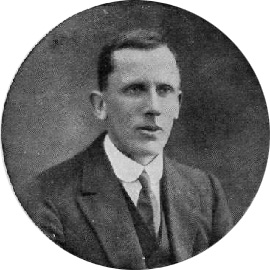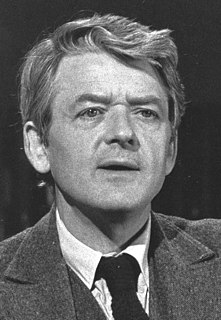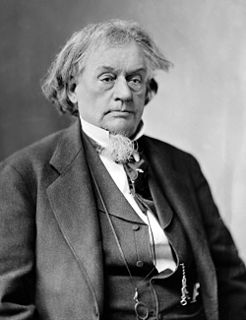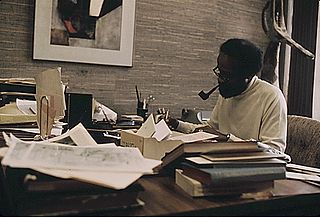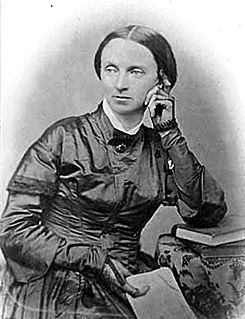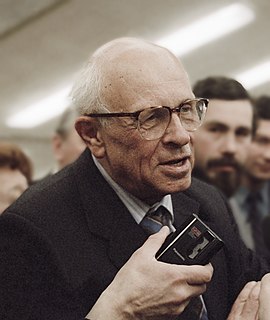A Quote by Ernest Gowers
I was in favour of the death penalty, and disposed to regard abolitionists as people whose hearts were bigger than their heads. Four years of close study of the subject gradually dispelled that feeling. In the end I became convinced that the abolitionists were right in their conclusions...and that far from the sentimental approach leading into their camp and the rational one into that of the supporters, it was the other way about.
Related Quotes
Who freed the slaves? To the extent that they were ever u2018freed,' they were freed by the Thirteenth Amendment, which was authored and pressured into existence not by Lincoln but by the great emancipators nobody knows, the abolitionists and congressional leaders who created the climate and generated the pressure that goaded, prodded, drove, forced Lincoln into glory by associating him with a policy that he adamantly opposed for at least fifty-four of his fifty-six years of his life.
I think we've misinterpreted some of the scriptures to justify the death penalty. So whereas a lot of folks in America feel like we can do far better justice? - ?it's more expensive to do the death penalty than the alternatives? - ?there's so many reasons that people come to the conclusion to abolish the death penalty.
It wasn't the intention to do something important, or to even relate about social issues. The ground is so fertile in the justice world, dealing with the death penalty and the Innocence Project, for characters that have a moral ambiguity, which we were both attracted to. It's the idea that everybody has their reasons. Whatever their actions are, whether you agree with them or not, you can understand why they're feeling that way, in terms of racism or even the death penalty.
I regard the death penalty as a savage and immoral institution that undermines the moral and legal foundations of society. I reject the notion that the death penalty has any essential deterrent effect on potential offenders. I am convinced that the contrary is true - that savagery begets only savagery.
I could not understand how people could not like something as beautiful as the aerodrome. But I had lately become convinced that in general people were pretty boring. They liked to moan for hours on end about how hard it was to make ends meet, about the money they owed, the price of food, and other similar worries, but the minute some more brilliant or attractive subject come up, they were struck deaf.
I'm quite convinced in my own mind that those who were arguing that [the need to intervene in Iraq] was a more immediate one than some believed - were I'm sure convinced that they were right on fact, I don't think they were making it up. So as to lying, I don't think it has been established that any lies were told.
